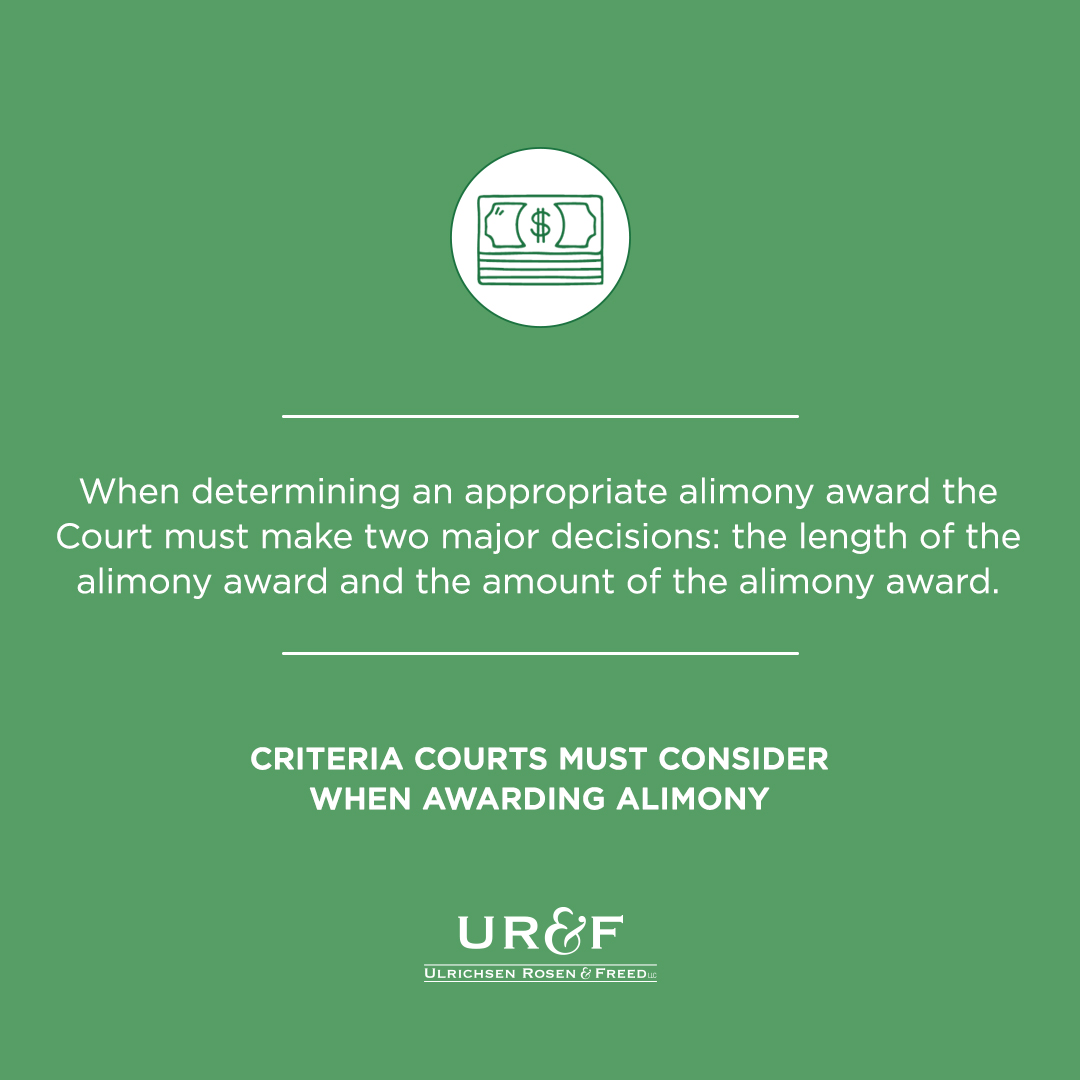Criteria Courts Must Consider When Awarding Alimony
In New Jersey alimony is governed by N.J.S.A. 2A: 34-23 and permits a Court to award the following four types of alimony:
- Limited Duration Alimony;
- Open Durational Alimony;
- Reimbursement Alimony; and
- Rehabilitative Alimony.
This blog will focus only the criteria the court must consider when awarding either limited durational alimony and open durational alimony. Limited Duration Alimony obligates one spouse to provide support for a temporary, fixed period. Limited Duration Alimony is generally awarded for marriages that were less than 20 years in duration. Moreover, pursuant to N.J.S.A. 2A: 34-23, “for any marriage or civil union less than 20 years in duration, the total duration of alimony shall not, except in exceptional circumstances, exceed the length of the marriage or civil union.” Open Durational Alimony bligates one spouse to provide support for an open period of time until a court terminates the obligation or the parties agree to terminate the obligation. Open durational alimony is typically award for marriages that were more than 20 years in duration.
When determining an appropriate alimony award the Court must make two major decisions: the length of the alimony award and the amount of the alimony award and must consider, but is not limited to the following factors:
(1)The actual need and ability of the parties to pay;
(2)The duration of the marriage or civil union;
(3)The age, physical and emotional health of the parties;
(4)The standard of living established in the marriage or civil union and the likelihood that each party can maintain a reasonably comparable standard of living, with neither party having a greater entitlement to that standard of living than the other;
(5)The earning capacities, educational levels, vocational skills, and employability of the parties;
(6)The length of absence from the job market of the party seeking maintenance;
(7)The parental responsibilities for the children;
(8)The time and expense necessary to acquire sufficient education or training to enable the party seeking maintenance to find appropriate employment, the availability of the training and employment, and the opportunity for future acquisitions of capital assets and income;
(9)The history of the financial or non-financial contributions to the marriage or civil union by each party including contributions to the care and education of the children and interruption of personal careers or educational opportunities;
(10) The equitable distribution of property ordered and any payouts on equitable distribution, directly or indirectly, out of current income, to the extent this consideration is reasonable, just and fair;
(11) The income available to either party through investment of any assets held by that party;
(12) The tax treatment and consequences to both parties of any alimony award, including the designation of all or a portion of the payment as a non-taxable payment;
(13) The nature, amount, and length of pendente lite support paid, if any; and
(14) Any other factors which the court may deem relevant.
Given the factors that a court must consider, alimony awards are extremely fact-sensitive. The attorneys at Ulrichsen Rosen & Freed understand the nuances of alimony law and can help clients evaluate a potential alimony award or alimony obligation.
For questions regarding alimony or any other family law related issue, please contact the attorneys of Ulrichsen Rosen & Freed LLC. Our firm is focused exclusively on the practice of family law and serves clients throughout New Jersey including clients residing in Mercer County, Somerset County, Hunterdon County, Burlington County and Middlesex County.


